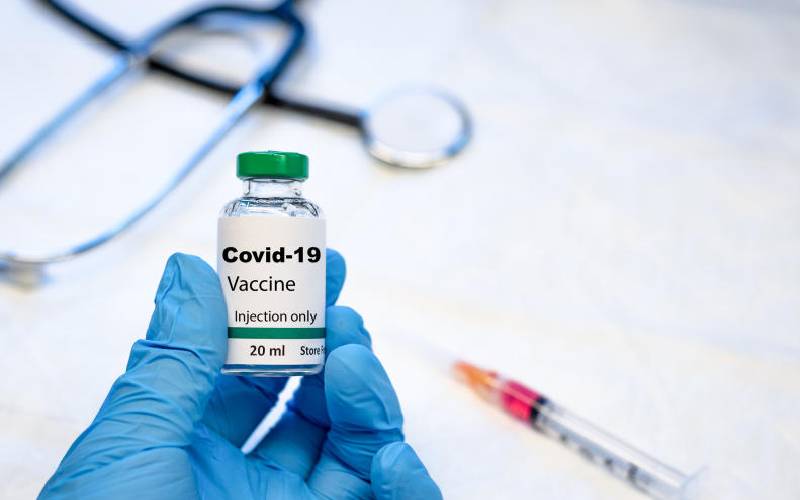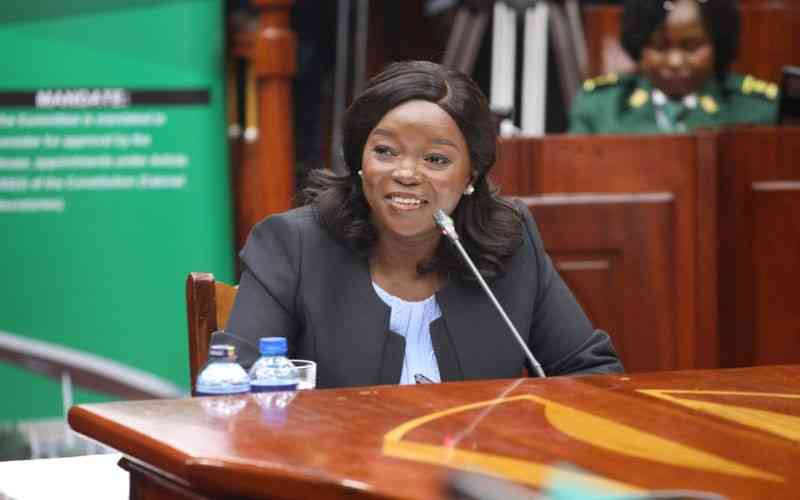
As various countries began to lock down in early 2020, a significant impact on supply chains and supply chain management was felt on a global scale.
In Kenya, the hospitality industry was the hardest hit, as hotels, restaurants and schools shut down, prompting a call for a bailout by various small scale farmers, the backbone of the industry.
The novel coronavirus is set to change our lives forever, as new business trends will emerge, with limits on travel and human interaction, and the most crucial of all, a change in supply chains that will affect the global economy on a scale like never before.
In a post-Covid 19 world, supply chains will be significantly different, as the world will first have to emerge from the economic crisis which greatly affected consumer spending behavior.
The transition will be gradual, as businesses will have to go into an interim stage which will bridge the gap between pre-covid and post-covid way of operations.
The DHL White Paper: Delivering Pandemic Resilience
A study by the global logistics solutions company, DHL, on the Covid-19 vaccine has established that public-private partnerships will ease medical supply chains needed for the global delivery of 10 billion doses of serum.
The global delivery of 10 billion doses of serum needs scaled-up medical supply chains. The white paper identifies critical challenges in Covid-19 logistics and a framework is provided to tackle future health emergencies beyond Covid-19.
With first emergency use authorizations for Covid-19 vaccines expected to be effective in the last quarter of 2020, logistics providers are challenged to rapidly establish medical supply chains to deliver serums of unparalleled amounts of more than 10 billion doses worldwide.
DHL, while working with McKinsey & Company as its analytics partner, has published a white paper on delivering stable logistics for vaccines and medical goods during Covid-19, and future health crises.
Currently, more than 250 vaccines across seven platforms are being developed and trialed. As Covid-19 vaccines have leapfrogged development phases, stringent temperature requirements (up to -80°C) are likely to be imposed for certain vaccines to ensure that their efficacy is maintained during transportation and warehousing.
This poses novel logistical challenges to the existing medical supply chain that conventionally distributes vaccines at -2 to -8°C. In the paper, DHL evaluates how the transport of vaccines as highly temperature-sensitive product can be managed effectively to combat the further spread of the virus.
The scope of this task is immense: To provide global coverage of Covid-19 vaccines, up to more than 200,000 pallet shipments and over 15 million deliveries in cooling boxes as well as over 15,000 flights will be required across the various supply chain set-ups.
The Covid-19 crisis emerged with an unprecedented breadth and impact. It required governments, businesses, and the logistics industry alike to adapt quickly to new challenges.
"As a world leader in logistics, we want to share our experience of operating during one of the biggest health crises in recent history, in order to develop strategies in an ever-more connected world,” explains Katja Busch, Chief Commercial Officer DHL. “To protect lives against the pandemic, governments have moved towards a more active role in medical supply chains.
"Over the past few months, we have demonstrated that sufficient planning and appropriate partnerships within the supply chain can play a key role as governments work to secure critical medical supplies during health emergencies such as this.”
Future public health crisis management to include public-private partnerships
Since the outbreak of the pandemic, demand for medical supplies has surged. For example, this year Unicef sourced 100 times more face masks and 2,000 times more medical gloves than in 2019.
Bringing medical supplies from their distant sources to use at the frontline has been one of the most crucial activities in pandemic response management in the first phase of the health emergency.
For PPE specifically, inbound logistics were a major challenge due to geographically concentrated production, limited airfreight capacity and a lack of inbound quality checks.
To ensure stable medical supply in a future health crisis, a comprehensive setup of public health crisis strategies and structures needs to be established by governments with partnerships from both public and private sectors.
To kick start the dialogue among the different actors and improve pandemic resilience in medical supply logistics, DHL provides a framework for the cooperation of logistics companies with authorities, politicians, NGOs as well as the life sciences industry.
The framework helps to establish measures to ensure the most stable and safe supply chains possible. Besides an emergency response plan, this includes a partnership network, strong physical logistics infrastructure and IT-enabled supply chain transparency.
Lastly, a response unit with a clear mandate should be put in place to implement all critical activities at short notice.
 The Standard Group Plc is a multi-media organization with investments in media platforms spanning newspaper print
operations, television, radio broadcasting, digital and online services. The Standard Group is recognized as a
leading multi-media house in Kenya with a key influence in matters of national and international interest.
The Standard Group Plc is a multi-media organization with investments in media platforms spanning newspaper print
operations, television, radio broadcasting, digital and online services. The Standard Group is recognized as a
leading multi-media house in Kenya with a key influence in matters of national and international interest.











